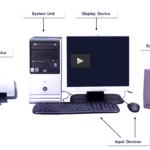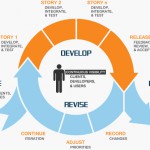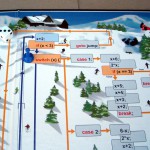
Computer hardware refers to the physical parts of a computer system, whereas software refers to the machine-readable instructions that tell a computer’s processor what to do. In Lecture 1 and 2 of Intro CS, we talked about the Von Neumann Architecture of a stored-program computer. In 1945, mathematician and physicist Von Neumann first wrote about […]

